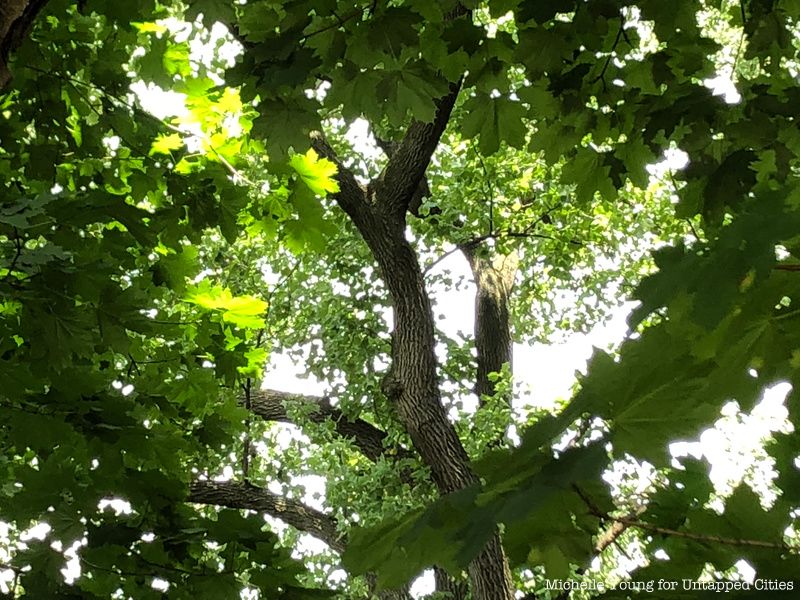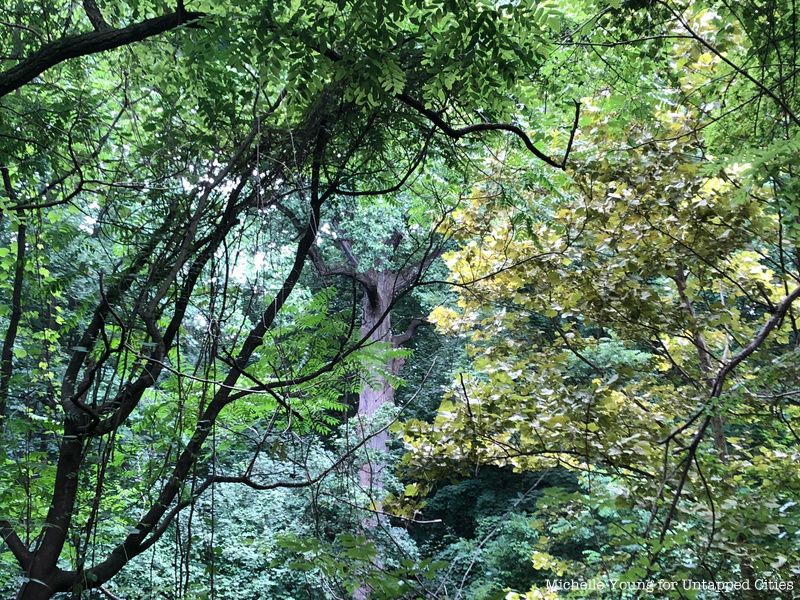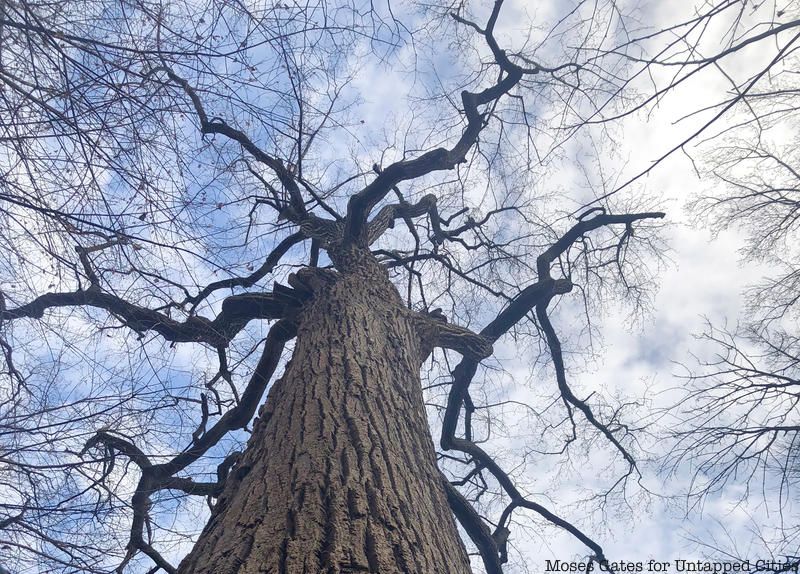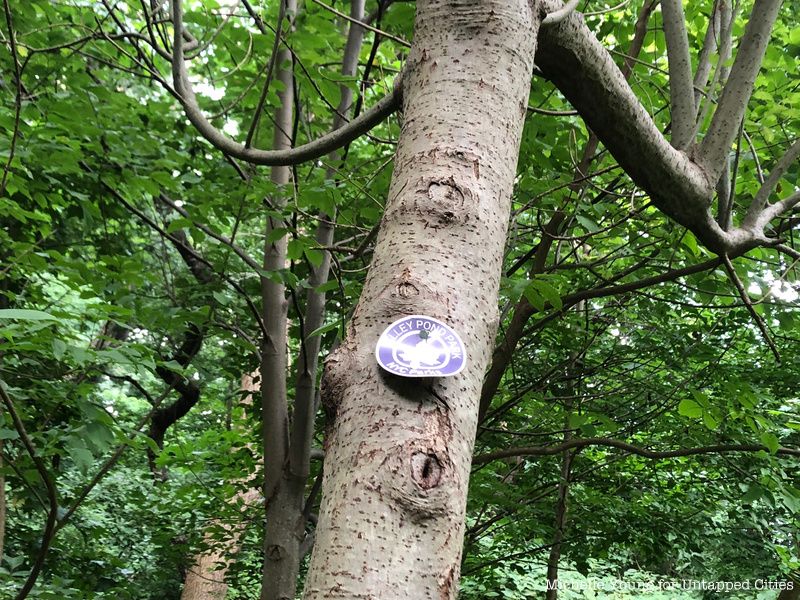A Salvaged Banksy Mural is Now on View in NYC
This unique Banksy mural goes up for auction on May 21st in NYC!


From the scenic landscape of Manhattan’s Central Park to the endless onslaught of green that occupies Pelham Bay Park in the Bronx, it can be easy to assume that the city’s largest tree resides in one of these areas. It might come as a complete surprise to you that the city’s tallest (and oldest) tree is actually located in Alley Pond Park in the borough of Queens between Douglaston and Bayside.

Take a trip through Alley Pond Park and you might come across a tulip tree that was 134 feet, when last measured in 2005. This tulip tree is often referred by many as the Queens Giant. According to an article in The New York Times, it is believed to around over 450 years old. This would make it the oldest living organism in the city. In a city known for rapid change, it is miracle that the Queens Giant has withstood the test of time.

Despite being the tallest known tree in New York City, The Queens Giant often goes unnoticed compared to the some of the city’s other landmarks. Ironically, its relative obscurity has resulted in its longevity. Despite a NYC Parks sign at the location of the tree, finding it in the first place can be a challenge as there are no signs to it. Former Parks Commission Adrian Benepe says, ” There is something to be said leaving it in a bit of obscurity. It’s part of the reason it has survived this long. If everyone is attracted to it, it increases the chance of something bad happening to it.”

It can be easily said that the tree has lived through some, if not all of the city’s vibrant past. The sign states, “It was standing tall when General George Washington passed close by in 1790 on a tour of Long Island, and it was most likely a young tree when the Dutch East India Company sent a group of Walloon families to Manhattan in 1624.” It weathered the country’s early post-Revolutionary days and the city’s emergence on the world financial and trading stage. From the glamour and excess of the 1920s, the economic downturn of the 1930s, the rough and tumble of the 1970s to the economic recession that plagued the city post 2000s, the Queens Giant has lived through it all.

You can visit the tree on an Urban Park Ranger tour.
Next, get into the roots of Manhattan’s history through its famous trees.
Subscribe to our newsletter